
Copyright 2005 by The McGraw-Hill Companies, Inc. All rights reserved. Except as permitted under the United States Copyright Act of 1976, no part of this publication may be reproduced or distributed in any form or by any means, or stored in a database or retrieval system, without the prior written permission of the publisher.
ISBN: 978-0-07-178802-1
MHID: 0-07-178802-6
The material in this eBook also appears in the print version of this title: ISBN: 978-0-07-144385-2, MHID: 0-07-144385-1.
All trademarks are trademarks of their respective owners. Rather than put a trademark symbol after every occurrence of a trademarked name, we use names in an editorial fashion only, and to the benefit of the trademark owner, with no intention of infringement of the trademark. Where such designations appear in this book, they have been printed with initial caps.
McGraw-Hill eBooks are available at special quantity discounts to use as premiums and sales promotions, or for use in corporate training programs. To contact a representative please e-mail us at bulksales@mcgraw-hill.com.
Important Guidelines for Photocopying or Downloading Pages from This Publication
Permission is granted free of charge to photocopy the questionnaire forms in this book or to download and customize the questionnaire forms in www.books.mcgrawhill.com/training/download for use with consulting clients. Only the original purchaser of this book may photocopy or download these handouts. Except as expressly provided above, no part of this book may be reproduced, included in a manual or publication, distributed in any form or by any means, or stored in a database or retrieval system, without the prior written permission of the publisher. See www.mhhe.com/info/permission.mhtml for guidelines for requesting permission, or contact
The McGraw-Hill Companies
Permissions Department, 9th Floor
2 Penn Plaza
New York, NY 10121-2298, U.S.A.
Telephone: 212-904-2574, Fax: 212-512-6285
TERMS OF USE
This is a copyrighted work and The McGraw-Hill Companies, Inc. (McGraw-Hill) and its licensors reserve all rights in and to the work. Use of this work is subject to these terms. Except as permitted under the Copyright Act of 1976 and the right to store and retrieve one copy of the work, you may not decompile, disassemble, reverse engineer, reproduce, modify, create derivative works based upon, transmit, distribute, disseminate, sell, publish or sublicense the work or any part of it without McGraw-Hills prior consent. You may use the work for your own noncommercial and personal use; any other use of the work is strictly prohibited. Your right to use the work may be terminated if you fail to comply with these terms.
THE WORK IS PROVIDED AS IS. McGRAW-HILL AND ITS LICENSORS MAKE NO GUARANTEES OR WARRANTIES AS TO THE ACCURACY, ADEQUACY OR COMPLETENESS OF OR RESULTS TO BE OBTAINED FROM USING THE WORK, INCLUDING ANY INFORMATION THAT CAN BE ACCESSED THROUGH THE WORK VIA HYPERLINK OR OTHERWISE, AND EXPRESSLY DISCLAIM ANY WARRANTY, EXPRESS OR IMPLIED, INCLUDING BUT NOT LIMITED TO IMPLIED WARRANTIES OF MERCHANTABILITY OR FITNESS FOR A PARTICULAR PURPOSE. McGraw-Hill and its licensors do not warrant or guarantee that the functions contained in the work will meet your requirements or that its operation will be uninterrupted or error free. Neither McGraw-Hill nor its licensors shall be liable to you or anyone else for any inaccuracy, error or omission, regardless of cause, in the work or for any damages resulting therefrom. McGraw-Hill has no responsibility for the content of any information accessed through the work. Under no circumstances shall McGraw-Hill and/or its licensors be liable for any indirect, incidental, special, punitive, consequential or similar damages that result from the use of or inability to use the work, even if any of them has been advised of the possibility of such damages. This limitation of liability shall apply to any claim or cause whatsoever whether such claim or cause arises in contract, tort or otherwise.
CONTENTS
Introduction
The Big Book of Six Sigma Games was conceived to help you convey the practical wisdom of Six Sigma to others in an enjoyable, energetic, and insightful format. While some of the concepts of Six Sigma can be intimidating (especially statistics!), weve created a resource of games, exercises, and instruments that will help put Six Sigma in a context that can be readily understood and applied.
The games are designed to create a rich learning experience for participants with varying degrees of Six Sigma knowledge. The debriefings and group discussions are flexible enough to address the various Six Sigma experience levels of all participants appropriately. Whether you are training novices, Green Belts, or Black Belts, these games will help keep your training sessions fresh and your participants energized.
Dont be misled by the word games in the title of this book. While the exercises are designed to be fun and entertaining games, they are also powerful learning experiences. They incorporate the principles of experiential learning that help participants understand, internalize, and retain information and principles better than traditional teaching methods.
While some games typically associated with Six Sigma concepts (such as Demings famous red bead exercise) require specialized equipment to facilitate, weve designed all of the exercises in this book so that they can be performed with common, everyday materials. Using playing cards, water, newspapers, and other readily available items, youll be able to explore and demonstrate all of the insights and learning points that make Six Sigma so powerful.
The games are organized in a simple, easy to use construct of chapters based on the Define, Measure, Analyze, Improve, and Control (DMAIC) principles familiar to Six Sigma practitioners. Each chapter includes facilitator primers on the concepts illustrated by the games in that chapter. Weve also included discussion questions and facilitator notes to prime the debrief exercises and guide participant learning. However, as you gain experience with the exercises, we believe you will find many new and different ways to apply them in your Six Sigma efforts.
We have chosen not to include such classic exercises as Helicopter and Red Bead in this book. They are widely used to teach quality initiative concepts and are readily available in the public domain.
HOW TO USE THIS BOOK
Each game has the following construct:
 Reference Title Use this title to give you and your participants a common way to refer to each game.
Reference Title Use this title to give you and your participants a common way to refer to each game.
 Descriptive Title Each game also has a descriptive title (in parentheses after the reference title), which describes the main learning point or process the game is designed to demonstrate. Use this to focus your efforts to select a game.
Descriptive Title Each game also has a descriptive title (in parentheses after the reference title), which describes the main learning point or process the game is designed to demonstrate. Use this to focus your efforts to select a game.
 Description A short description of the design of the game. Use this to get a quick understanding of how the game is designed and how it might meet the needs of your audience.
Description A short description of the design of the game. Use this to get a quick understanding of how the game is designed and how it might meet the needs of your audience.



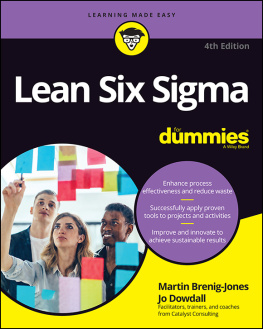
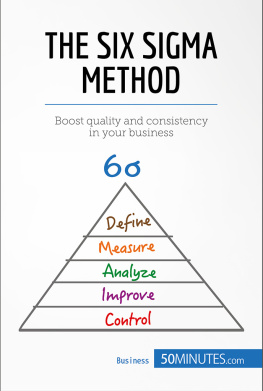
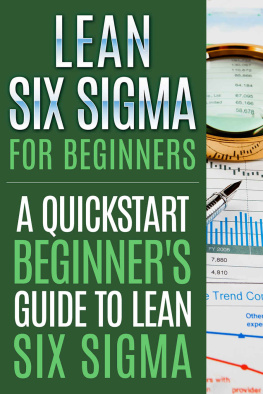
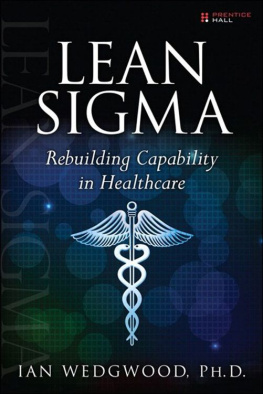
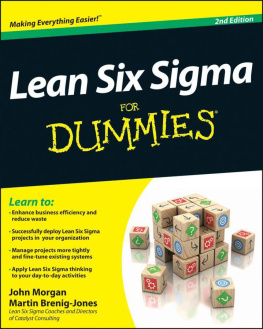
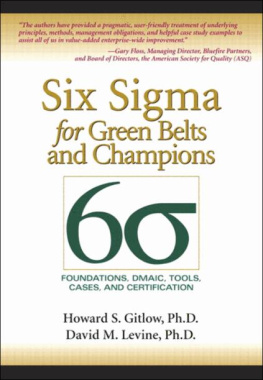


 Reference Title Use this title to give you and your participants a common way to refer to each game.
Reference Title Use this title to give you and your participants a common way to refer to each game.